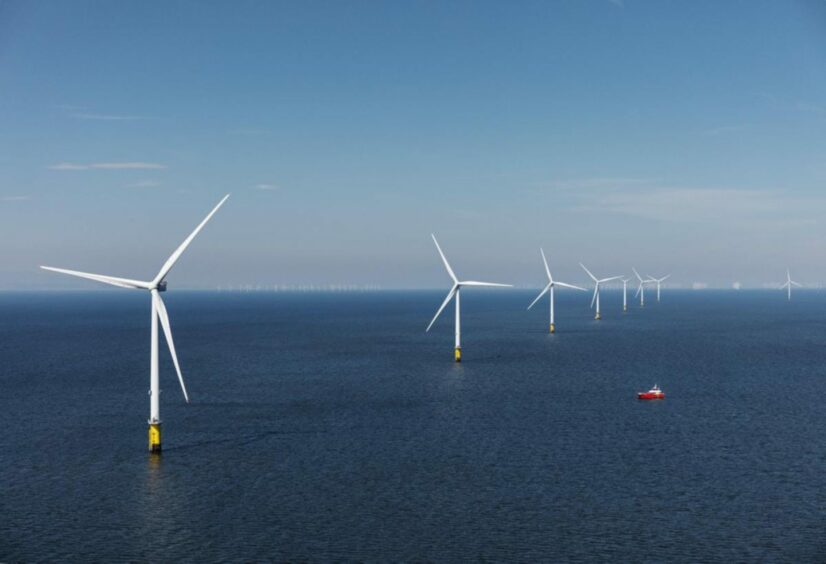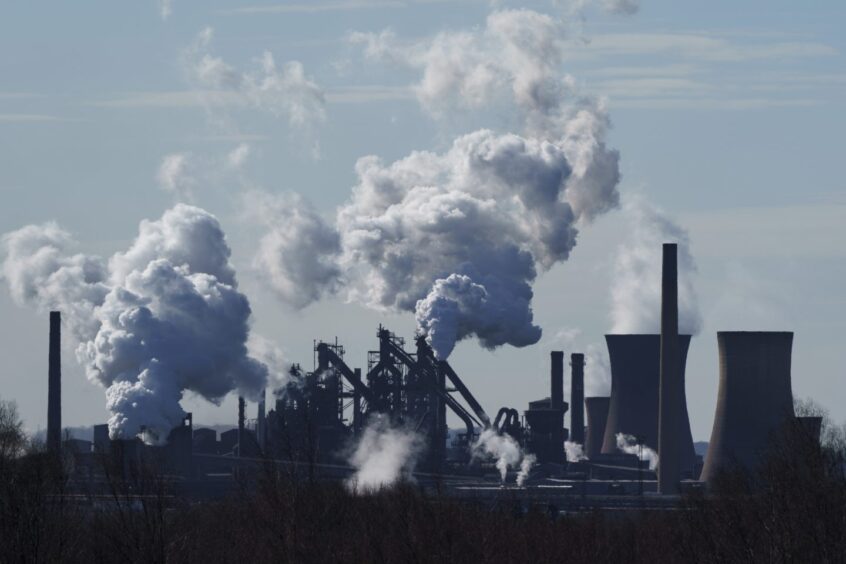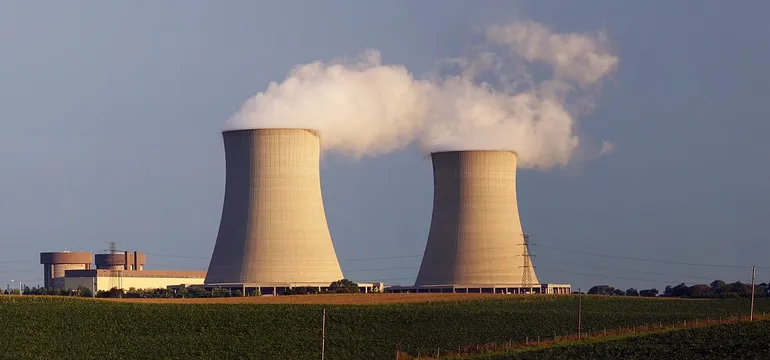The UK net zero economy now generates £83.1 billion in gross value added (GVA) and has grown 10% in the past year, according to a report.
The CBI Economics report, commissioned by the Energy and Climate Intelligence Unit (ECIU) found the UK net zero economy is a “significant driver of growth, innovation and productivity”.
ECIU said the report suggests growth in the net zero sector will be “vital” for the UK government’s wider economic growth agenda.
Employment within the sector has also seen significant growth of 10.2% over the past year.
Businesses focused on net zero support the equivalent of 951,000 full-time jobs, which are typically better paid than the UK average.
Employees in net zero businesses earn an average of £43,076 per year, compared to the median gross annual earnings for UK full-time employees of £37,430 in April 2024.
In addition, net zero jobs are more 38% more productive than the UK average, with each role generating approximately £105,500 in economic value.
The net zero economy also has a strong multiplier effect, with every £1 of value generated creating an additional £1.89 in the wider UK economy.
It comes after a similar report last year found the UK net zero economy grew 9% in 2023 and contributed £74bn in GVA.
Green economic growth
Commenting on the findings, CBI chief economist Louise Hellem said the net zero economy “continues to demonstrate that there are huge emerging markets for green technologies that the UK must capitalise on”.
“It is clear, you can’t have growth without green,” Hellem said.
“At a time when the cost of doing business has squeezed appetite for capital investments and high energy prices are being cited as a drag factor across the economy, investments in clean technologies can significantly bolster competitiveness and productivity.”
Hellem said 2025 is set to be “the year when the rubber really hits the road”, where “inaction is indisputably costlier than action”.
“We are approaching critical points of no return for achieving essential outcomes in energy security and emissions reduction,” she added.
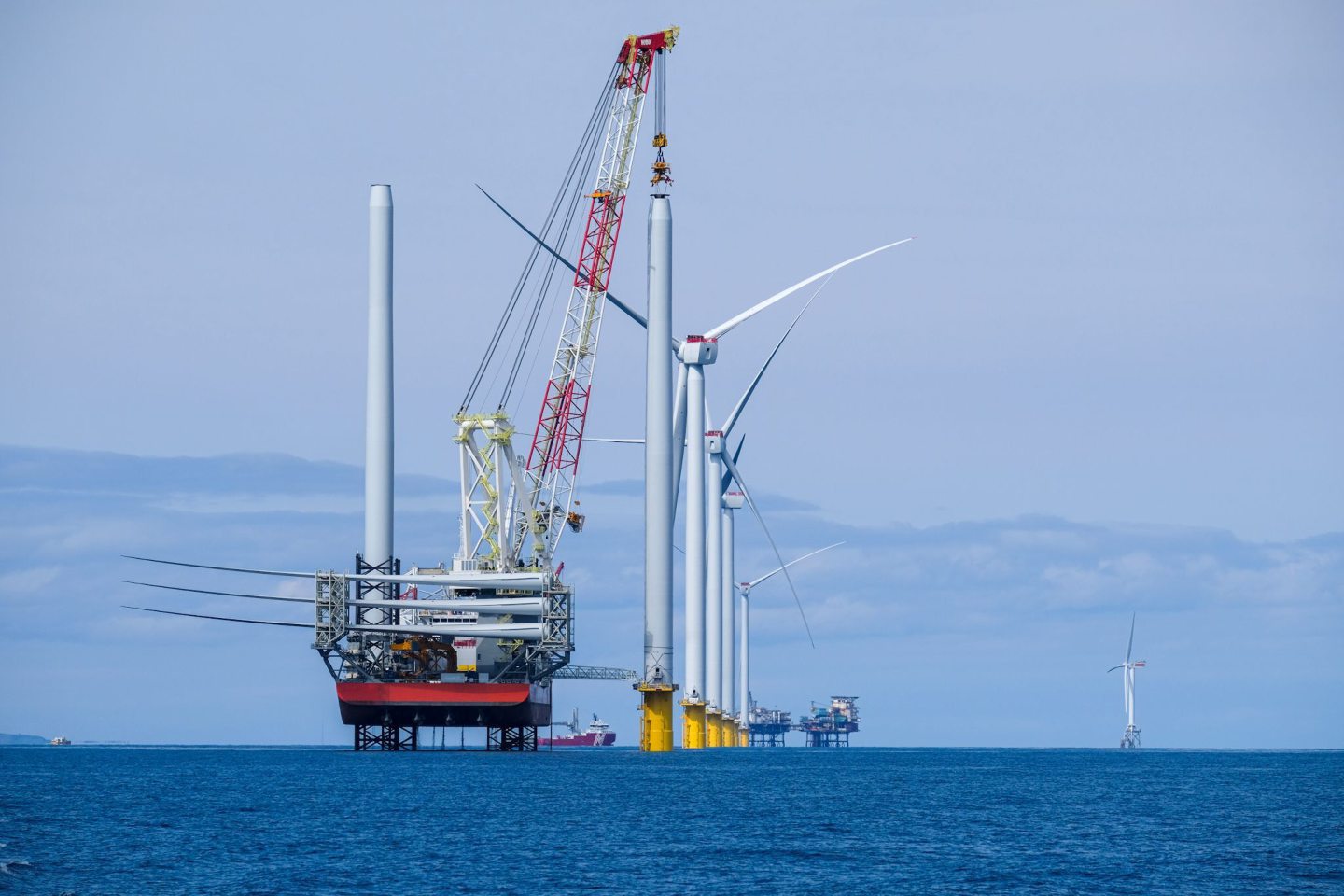 © Supplied by Ocean Winds
© Supplied by Ocean Winds“Long-term sustainable growth is unattainable without a future powered by clean, affordable, and secure energy.”
ECIU director Peter Chalkley said the Climate Change Act and the UK’s relative policy stability has underpinned the sustained net zero growth.
However, he said this policy stability “cannot be taken for granted and political signals matter for investors”.
“Nearly a million British livelihoods now depend on the net zero economy which has at its core thousands of small businesses based all around the UK, from Grimsby to Gateshead to Glasgow, insulating homes and manufacturing equipment,” Chalkley said.
“This net zero workforce has grown whole new British industries like offshore wind, enabling the UK to compete in the global markets’ unstoppable shift to cleaner technologies.”
Net zero regional growth
The report also highlighted that growth in the UK net zero economy is highly distributed around regional areas.
According to CBI Economics economist Isaac Gravener, while London and the South East remain economic heavyweights, the “real green revolution” is West Midlands, Yorkshire and the Humber, and South West England.
These regions contain the largest hotspots of net zero activity, collectively accounting for 16.3% of the net zero economy, with job productivity in these areas also significantly outperforming regional averages.
“The UK’s net zero economy isn’t just about hitting climate targets – it’s a dynamic and fast-growing sector that’s creating jobs, boosting productivity, and attracting billions in investment,” Gravener said.
“With sustainability at its core, this green revolution is proving that economic success and environmental responsibility go hand in hand.”
Jobs growth
Meanwhile, the report found the net zero economy is especially important to the Scottish economy, accounting for 4.9% of the country’s GVA (£9.1bn).
Net zero economic activity also supports 107,000 full-time jobs in Scotland, around 3.8% of total jobs in the country.
Tees Valley Mayor Ben Houchen said regions like Teesside, Darlington and Hartlepool are “at the heart of the UK’s push towards creating good quality local jobs, in the industries of the future”.
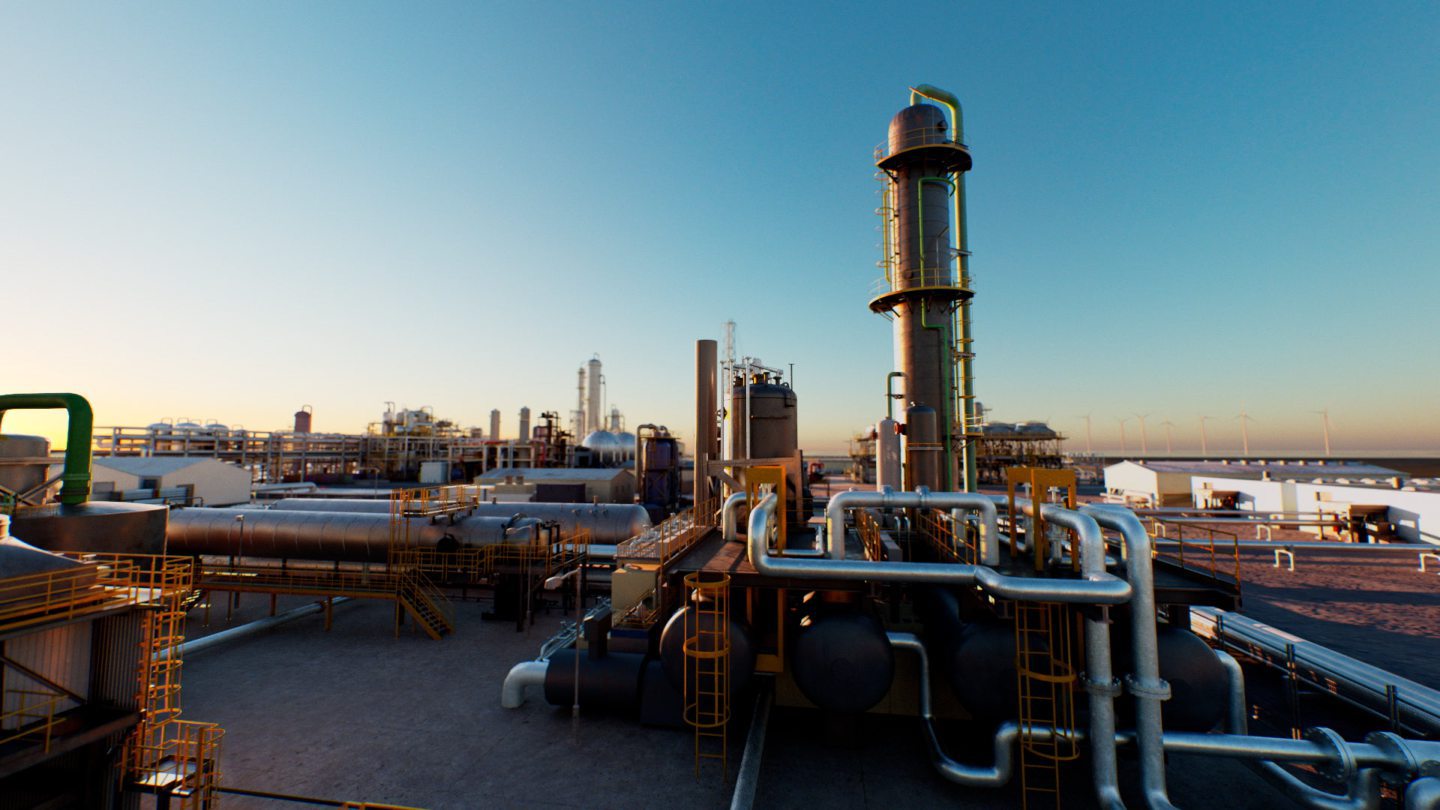 © Supplied by Technip Energies
© Supplied by Technip Energies“We’ve secured billions in investment for cutting-edge projects like Net Zero Teesside Power, offshore wind, and hydrogen production and this report proves just how vital this sector is for growth, and our region’s future prosperity,” Houchen said.
“We’re proud to be a key player in the UK’s industrial economy, and we’ll keep doing everything we can to ensure our region remains the first choice for businesses, investment, and the industries of tomorrow.”
Labour Great Grimsby and Cleethorpes MP Melanie Onn said green energy and related industries are “creating thousands of new jobs” in her constituency.
“It’s exciting to see our area at the heart of this transition, with new opportunities opening up for local people in a sector that’s only going to keep expanding,” Onn said.
“The shift towards net zero isn’t just good for the environment, it’s driving investment, creating skilled jobs, and securing long-term prosperity for our community.”






